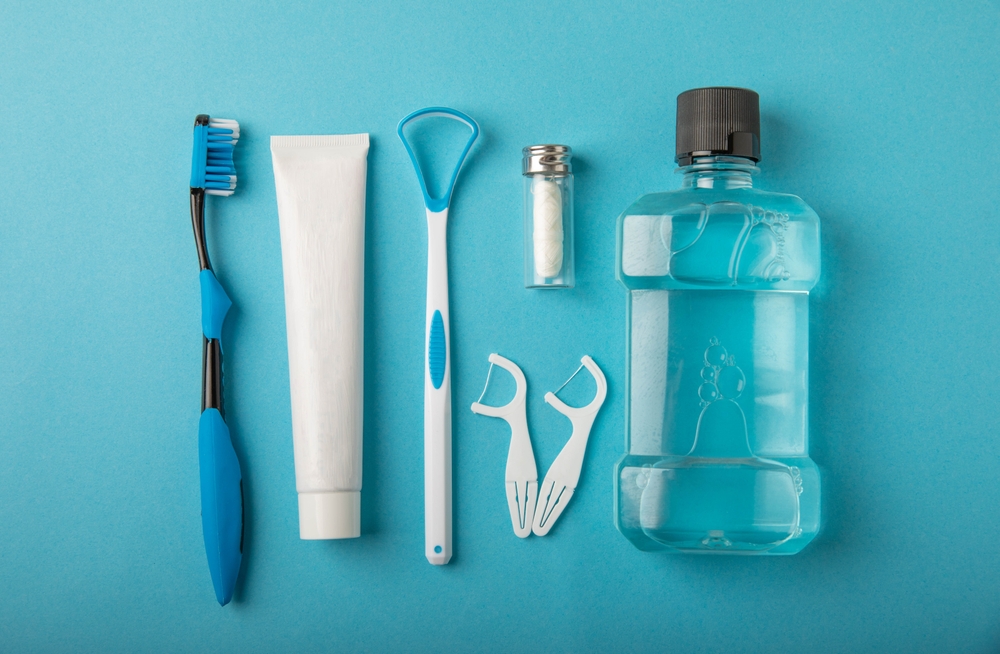Maintaining dental health is a vital aspect of overall well-being, especially for seniors. As we age, our oral health needs evolve, and staying vigilant about dental care can prevent many common problems associated with aging such as tooth decay, gum disease, and tooth loss. Understanding and practicing effective oral care is key to maintaining a healthy mouth and a bright smile in the golden years.
Good oral hygiene practices are fundamental to dental health. This includes brushing teeth at least twice a day with fluoride toothpaste and flossing daily to remove plaque and food particles. For seniors, especially those with arthritis or other conditions that affect dexterity, using an electric toothbrush can make brushing easier and more effective. Flossing can be facilitated by floss holders or interdental brushes.
Regular dental check-ups are crucial. These appointments are not only for cleaning teeth but also for checking for signs of oral health issues that are common in older adults. Dentists can identify early signs of tooth decay, gum disease, mouth cancer, and other oral health problems. They can also adjust or repair dentures and bridges as needed.
Managing dry mouth, a common issue among seniors often caused by medication, is important for dental health. Saliva helps protect teeth from decay and controls harmful bacteria and acids. To alleviate dry mouth, seniors can stay hydrated, chew sugar-free gum, or use saliva substitutes. It’s also important to discuss with healthcare providers if medication adjustments are possible.

A balanced diet is beneficial for oral health. Diets rich in fruits, vegetables, lean proteins, and dairy products provide essential nutrients that help maintain healthy teeth and gums. Seniors should limit sugary snacks and acidic foods and drinks that can erode tooth enamel.
For those with dentures, proper care is essential. This includes regular cleaning to prevent bacteria build-up and ensuring they fit correctly to avoid discomfort and eating difficulties. Denture wearers should still maintain regular dental visits to check for any changes in their gums and mouth.
Seniors should be vigilant about the signs of gum disease, which include red, swollen, or bleeding gums. Gum disease, if left untreated, can lead to tooth loss and has been linked to other health issues like heart disease and stroke.
Smoking cessation is another vital step in maintaining oral health. Smoking increases the risk of gum disease, tooth decay, and oral cancer. Quitting smoking can significantly reduce these risks and improve overall health.
For seniors with underlying health conditions like diabetes, maintaining overall health can positively impact oral health. Since conditions like diabetes can affect gum health, managing these conditions through diet, exercise, and medication adherence is important.

In conclusion, maintaining dental health as a senior involves a comprehensive approach that includes diligent oral hygiene, regular dental check-ups, managing dry mouth, eating a balanced diet, proper care of dentures, being aware of gum disease, avoiding smoking, and managing overall health conditions. By following these practices, seniors can keep their teeth and gums healthy, ensuring a strong, healthy smile and contributing positively to their overall health and well-being.

